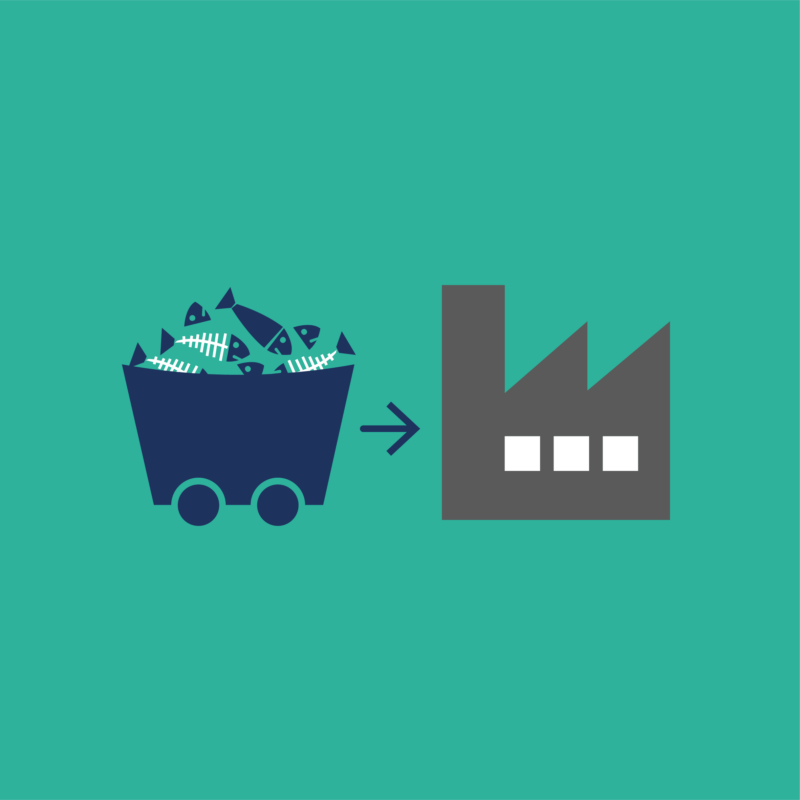Policy paper: Advancing sustainable use of fisheries by-products
2024.9.4
Marine Ingredients Denmark is pleased to have contributed to the policy paper “Joint-AC Advice on Valorisation of Fisheries and Aquaculture By-products,” through our European organization, The European Fishmeal and Fish Oil Producers (EFFOP), which was approved on September 3, 2024, by the North Sea Advisory Council (NSAC), Market Advisory Council (MAC), and Aquaculture Advisory Council (AAC). EFFOP is an active member of all three Advisory Councils.
This policy paper was inspired by the event “Connecting the Dots for a Circular Blue Economy – From Science to Policy and Regulatory Solutions,” hosted by MEP Clara Aguilera at the European Parliament and organized by the Blue Bioeconomy ERA-NET Cofund (BlueBio) on January 30, 2024. EFFOP played an active role in this event, where Managing Director Anne Mettes shared valuable insights into the regulatory challenges faced by the industry. She also emphasized the marine ingredients sector’s commitment to sustainability, noting that 40% of the raw materials used by EFFOP members are by-products from the fish processing sector.
As highlighted in the policy paper, fishmeal and fish oil are primarily produced from small, short-lived fish, as well as recycled trimmings from fish processing intended for human consumption. The proportion of raw material sourced from these recycled trimmings is steadily increasing. For many fish species, fillet yields range from 30% to 65% of the fish’s mass, with the remaining trimmings serving as a valuable resource for marine ingredient production. Over recent years, the use of these trimmings has grown significantly, with approximately 40% of the raw material used by EFFOP members coming from these sources. Some facilities even exclusively process trimmings to produce fish oil and fishmeal.
Nevertheless, regulatory challenges persist, particularly regarding the production of food-grade fish oil at sites that also produce oil for feed. Greater flexibility in regulations is needed to allow the industry to adapt while maintaining the safety and quality of these products, especially when current industrial processes, logistics, and hygiene standards are capable of preventing cross-contamination.
Marine Ingredients Denmark and EFFOP are proud to have contributed to this policy paper in collaboration with NSAC, MAC, and AAC. We would like to thank our EU partners for bringing this important issue to the attention of the European Commission, and we will continue our efforts to address existing regulatory barriers. Our industry remains committed to maximizing the sustainable use of natural resources and supporting the production of healthy aquaculture products. This is crucial to the global blue value chain, linking fisheries and the utilization of by-products to aquaculture and the consumption of nutritious blue proteins.
Read the policy paper here or here.
Read about EFFOP’s participation in the European Parliament here.




